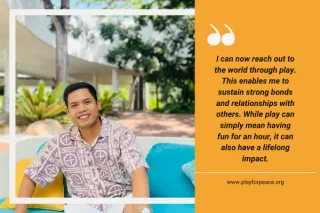Conflict to
Compassion
Play for Peace supports individuals and organizations who are passionate about children to transform conflict into meaningful and impactful learning experiences, fostering laughter, compassion, and lasting peace worldwide.*
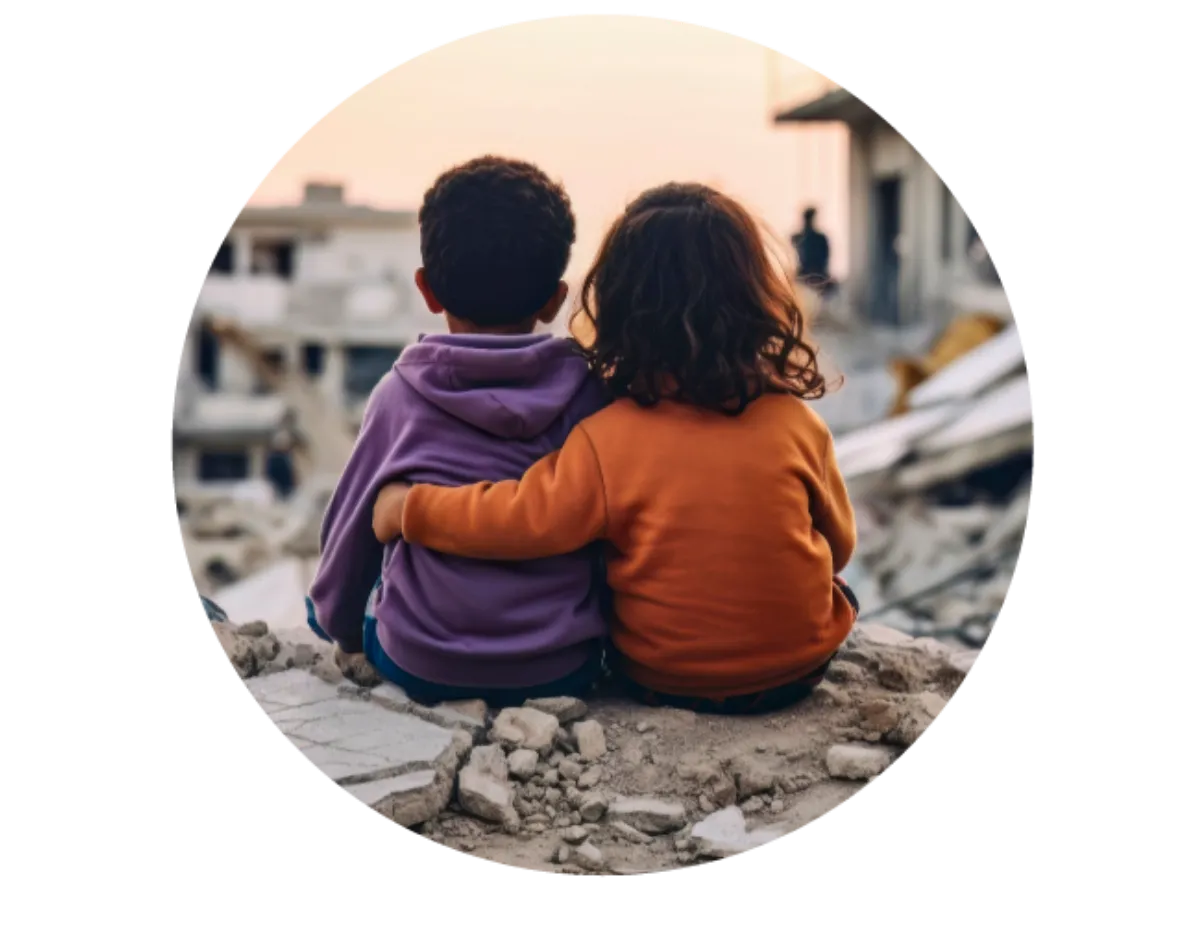
Growing up in conflict zones comes with devastating costs. In constant proximity to violence and instability, children face persistent fear as their safe spaces to learn, play and grow disappear. Violent conflict stifles cognitive growth, strains mental health, and denies children opportunities every child deserves- a life of positive possibilities, connections, and peace. Many face malnutrition, emotional trauma and a lack of education, struggles that have long-term effects that can perpetuate cycles of conflict.
And conflict impacts children everywhere, not just in war zones. Exposure to violence—whether in communities, media, or at home—can disrupt a child’s development, leading to trauma that affects mental health, learning, and future opportunities.
Together We Can Make A Difference
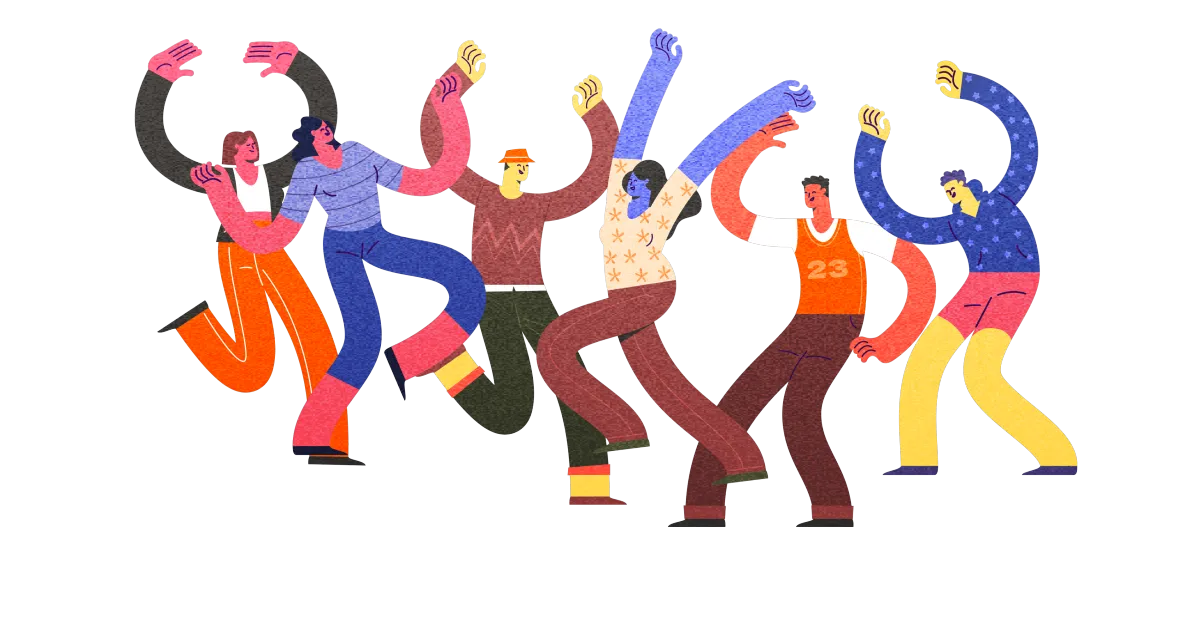
Local Leaders
For over 25 years, Play for Peace has empowered communities in high-violence areas, fostering local peacebuilders through cooperative play and community projects.
Integrated into schools, community centers, and refugee camps, we train youth leaders to lead "Practice Peace" play sessions for children and initiatives that strengthen neighborhoods.
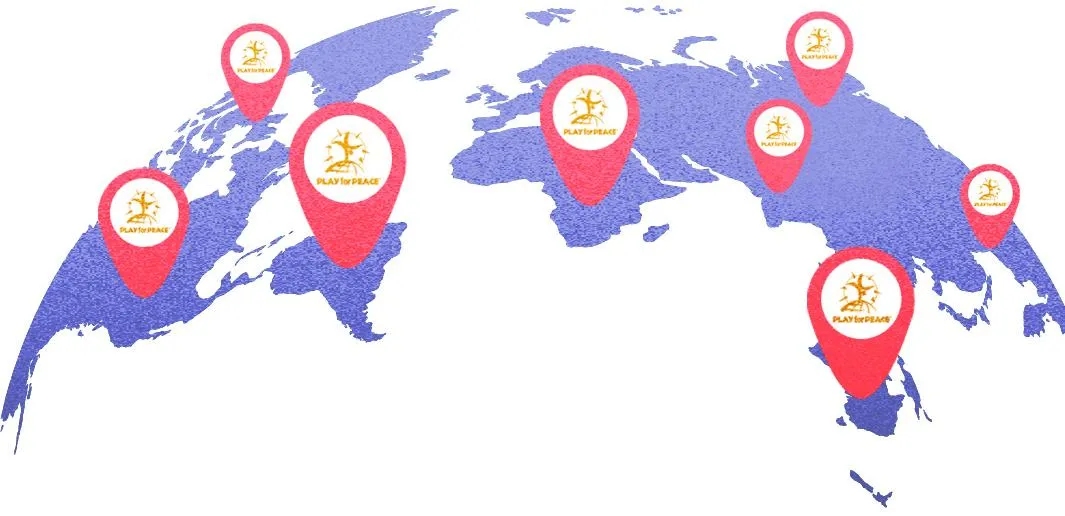
Around the Globe
Any time, day or night, Play for Peace is happening somewhere in the world. In dozens of communities around the globe -- each with its own diverse characteristics, talents, and resources-- our work is transforming lives, all while bringing richness and creativity to our diverse global learning community.

Support Peace In Conflict Areas
You can positively impact thousands of children and teens living in areas that are post war or high tension, all of whom dream of a life without fear of violence and discrimination. Will you join us?
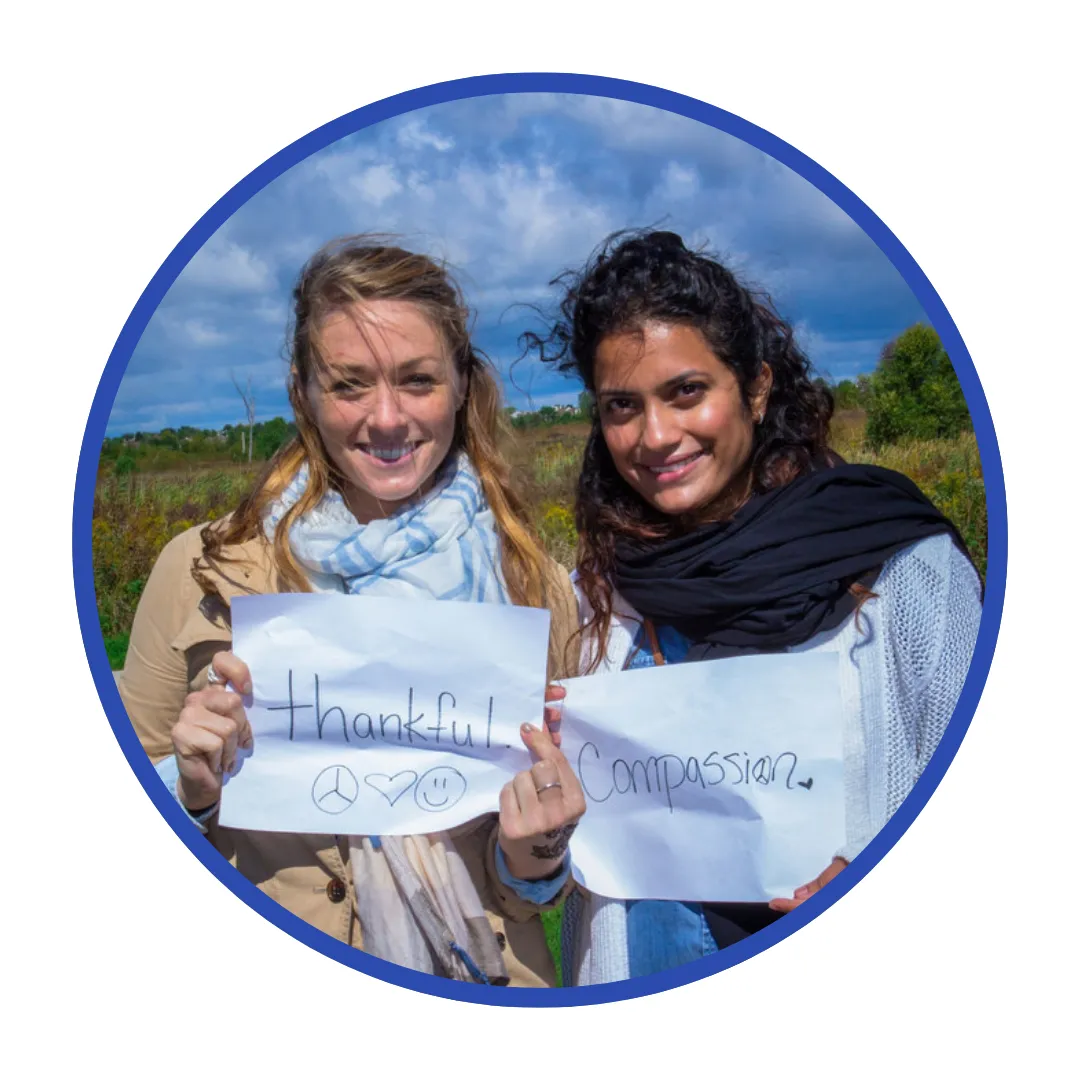

Volunteer locally
or online.
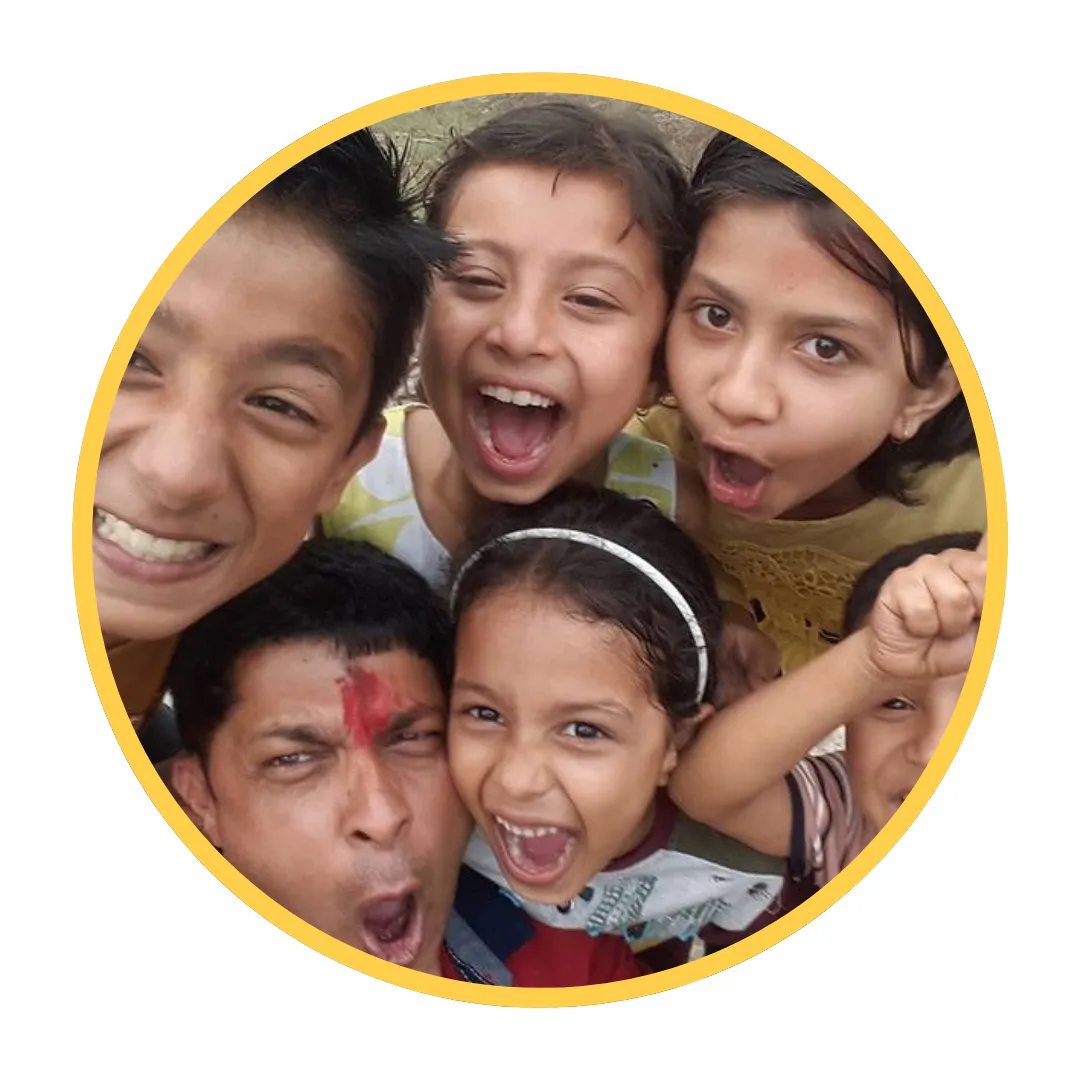

Make your dollars
impact lives.
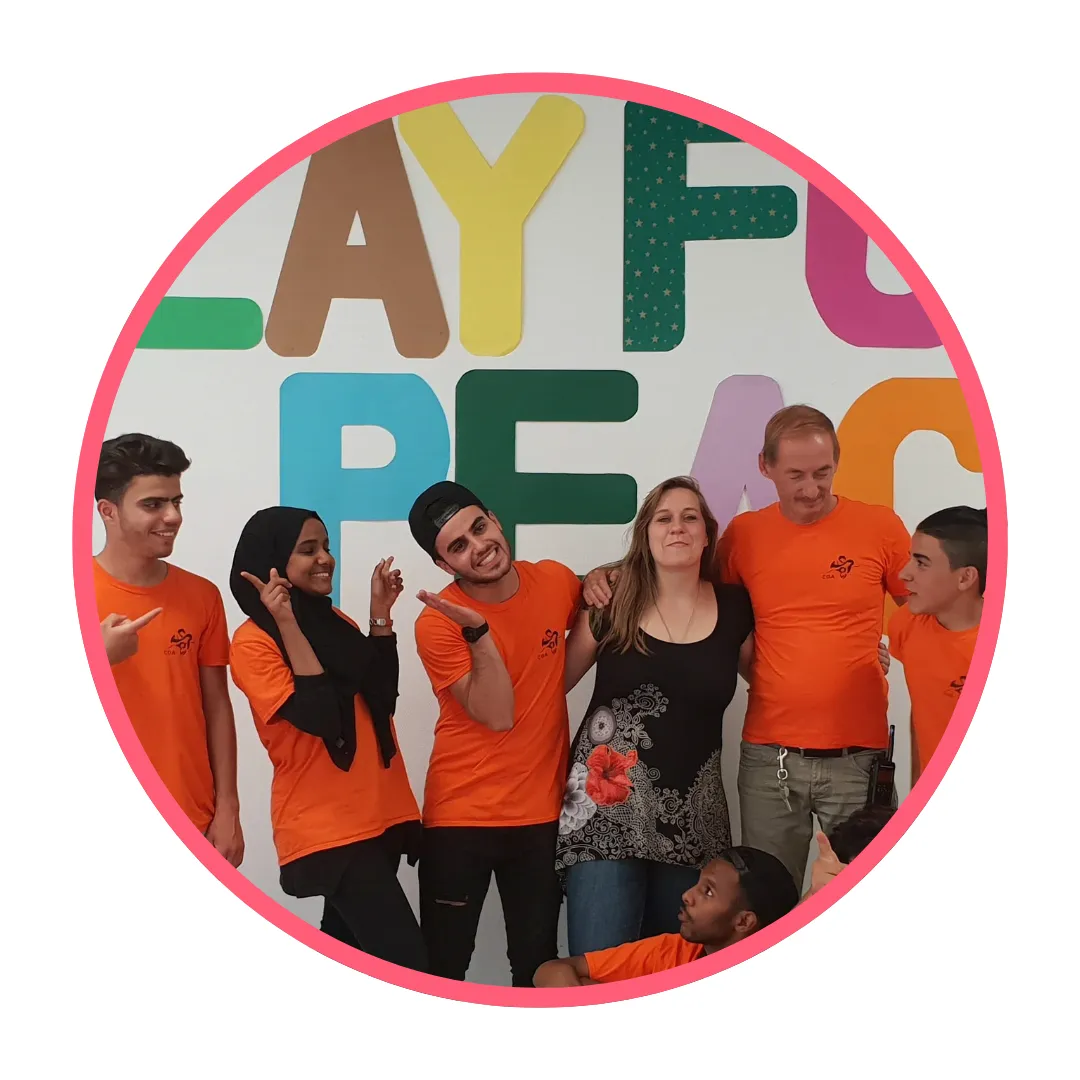

Bring Play for Peace
to a community.
Sign Up For Our Newsletter
Read our stories, learn about our events, get conflict transformation tips and
find out how you can get involved in our work to bring peace
to children in communities around the world.
Create Peace Everywhere
Join us from anywhere in the world to access experiential activities, wellness and social emotional learning techniques and skills to create a more peaceful future, one act of compassion at a time.

Is your school looking for interactive peace activities, curriculum or training? Access resources here.

Does your organization work with children or youth and want to increase engagement and cooperation? Find out how we can work together.

Want to engage your employees in interactive wellness workshops and inspiring volunteer experiences? Explore our options.
Compassion + Connection + Community
Read our stories and be inspired. Share and spread the word.
Volunteer Delia Vega Mercado
A very special Inner Leadership Workshop in Mexico City focused on leadership, communication, frustration management, and flexibility abilities and techniques. ...more
Mexico ,Global news Stories and Reflections &volunteer spotlight
February 24, 2025•2 min read
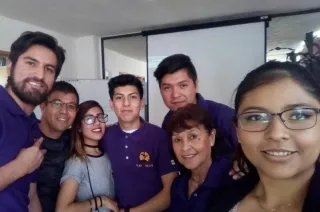
Celebrating Our 26th Anniversary
Play for Peace celebrated 26 years with a global virtual event, launching new tools like the Clubs Starter Kit and honoring volunteers, partners, and facilitators dedicated to spreading peace worldwid... ...more
Event Highlights
October 03, 2024•2 min read
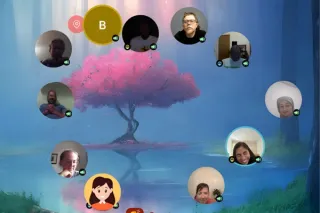
Meet The Council: Chad
Meet Chad and discover insights and inspiring stories from the Play for Peace Council, showcasing leadership, transformation, and the impactful work driving our mission forward. ...more
Event Highlights
September 16, 2024•2 min read
